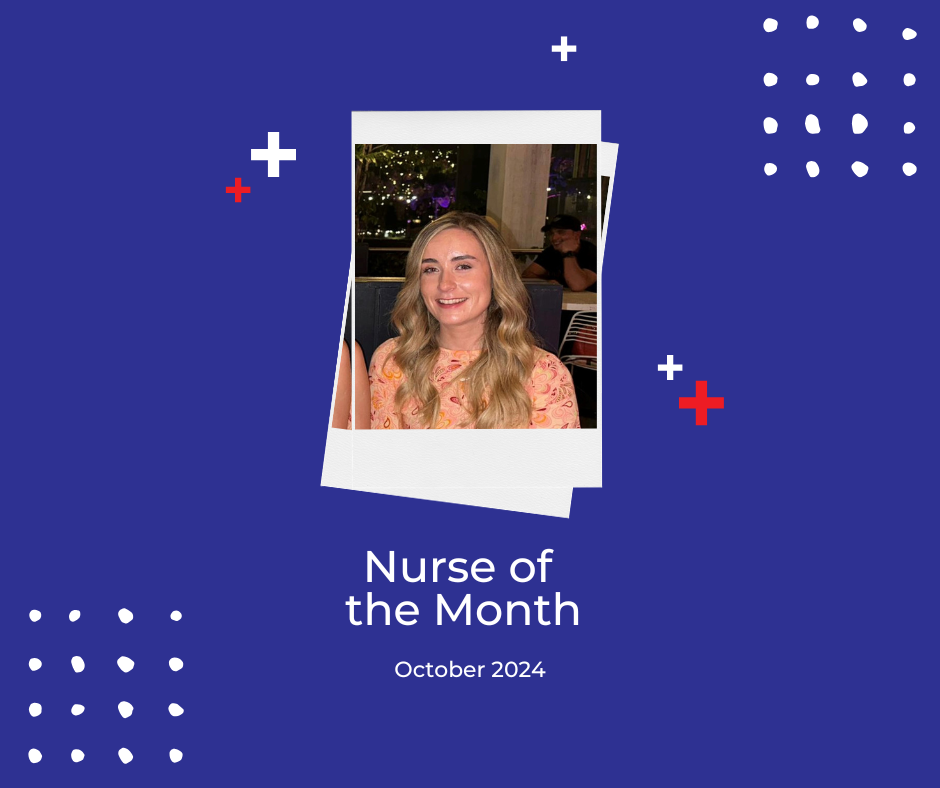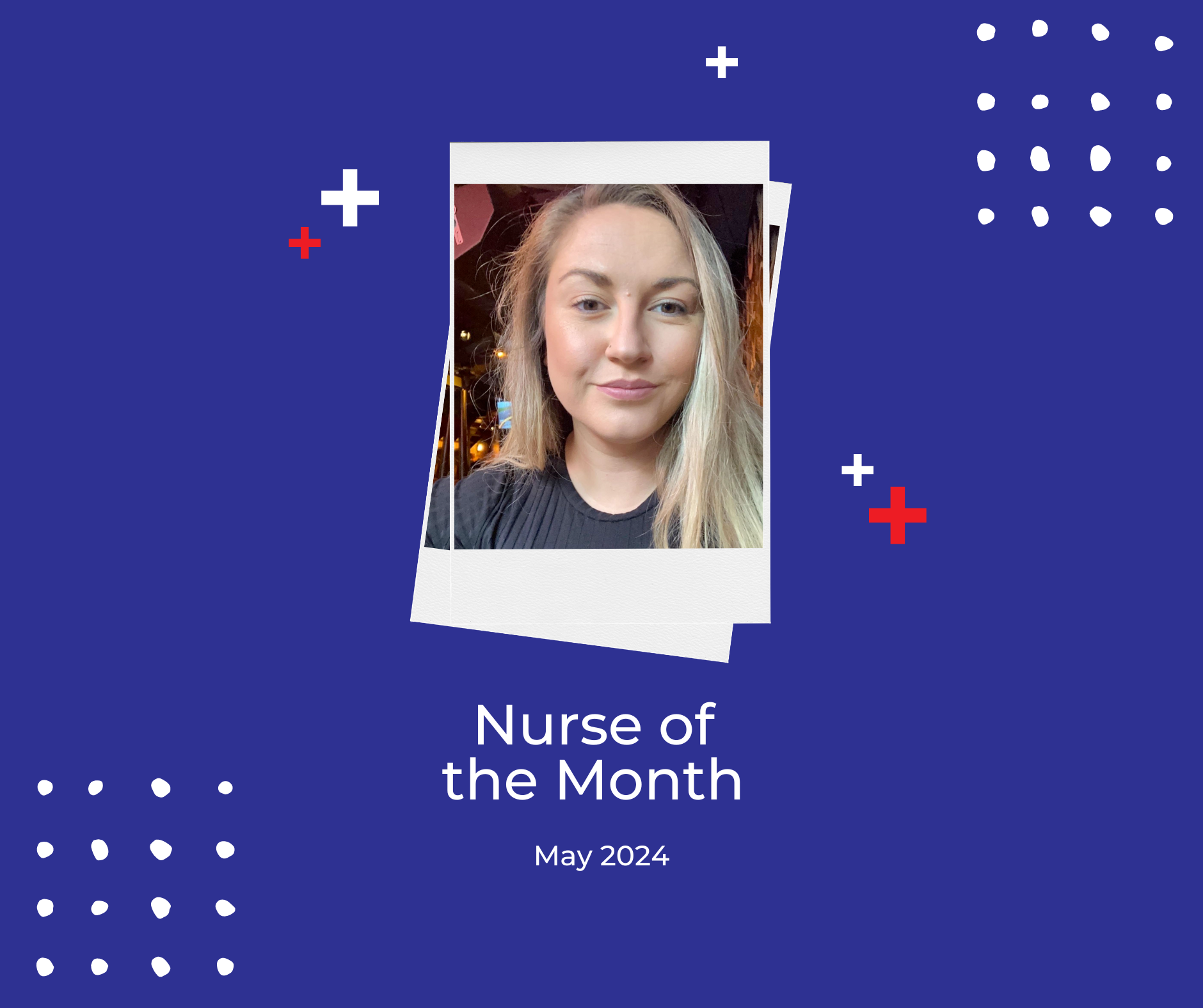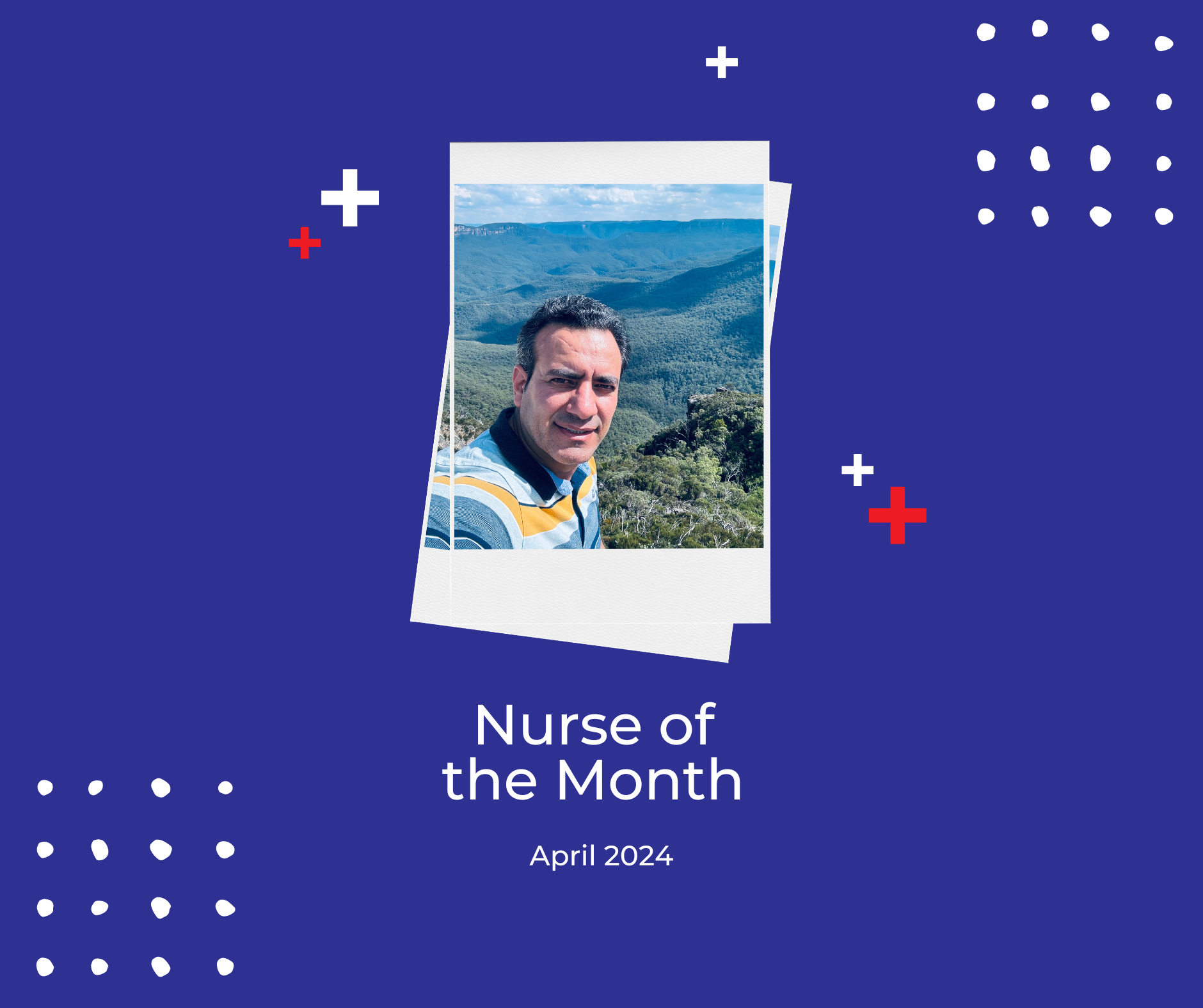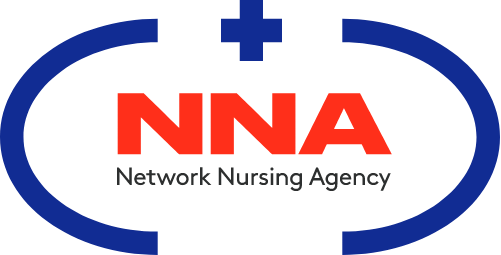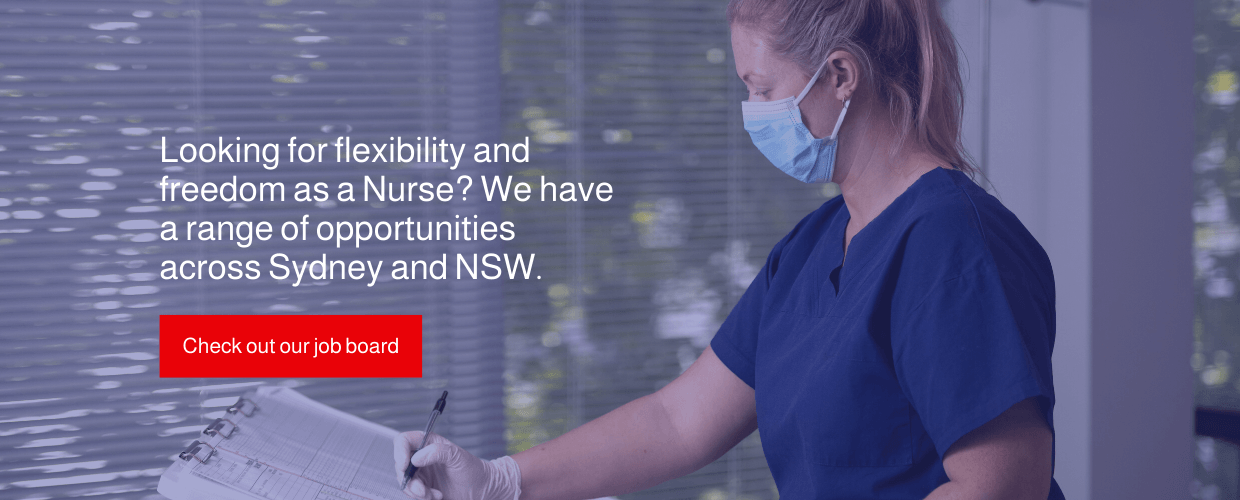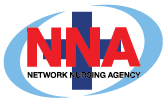The future of nursing in New South Wales

If you’re a nurse or midwife in NSW, then you’re in for an exciting future career. While there will be some changes and challenges to overcome, future technologies and focuses will make healthcare an extremely rewarding career path.
It can be hard to predict the future. But we’ve created a picture of what the future of nursing could be from a combination of existing trends and government reports. The healthcare system is one of NSW’s most important systems, so a lot of thought has been put into how it will be shaped in the future.
So, let’s dive into the things you can expect for the future of nursing in NSW.
Expected challenges for the healthcare system.
The future has a lot of new challenges and changes ahead that will test NSW’s healthcare system. To keep up, the healthcare system will need to adapt and change to the stresses it faces. By 2061 there’ll be around 11.5 million people living in NSW, life expectancy is expected to be at 91.7 for women and 89.4 for men. This will have a massive impact on the healthcare system.
Demand is expected to increase at rates beyond population growth, especially in mental health, diabetes, and communicable diseases. At least 750,000 people will have more than one chronic disease by 2032, increasing the complexity of care they need. The demand for telehealth will rise, having been accelerated by the COVID pandemic, and two-thirds of the disease burden in NSW will be managed outside the hospital system.
One of the biggest shifts will be in the demographics of NSW. Today only 16% of the NSW population is over 65. By 2031, it’s expected that this number will climb by 700,000 to 22% of the population. Due to the complex health requirements of this demographic, there’ll be a change in demand which is likely to put more pressure on the system.
Future technologies will ease some burden.
The quality of patient care is set to get a boost with new technological advancements. New technologies will save lives, improve treatments, and increase efficiencies. We already mentioned telehealth, which is set to change the way patients and healthcare workers interact with each other and manage conditions that don’t require in-person visits. But telehealth will extend further than this. Adding in technology like scheduled medication reminders for patients, apps to manage diabetes, and mobile monitors for pacemakers or sleep apnoea.
Further developments in automation, robotics, augmented reality, virtual reality, and holographic technologies are all going to revolutionise healthcare practices. They will improve training, increase accuracy, and ease the minds of patients who are undergoing medical procedures.
On top of all of that are the advancements in digital technology such as scheduling and patient management software. The continued development in this space will improve efficiencies, reduce the burden on nurses, and increase accuracy in patient care.
Greater focus on preventative care.
Over 38% of the disease burden in NSW is preventable. As the population grows, and healthcare needs become more complex, prevention will help reduce the number of people needing the healthcare system at a given time. A focus on prevention will also boost health outcomes overall, ensuring people in NSW can be as healthy as possible.
This is going to be achieved through an increased focus on promoting positive health behaviours, supporting people managing chronic conditions, and encouraging people to be responsible for their own health. There will be targeted initiatives aimed at identifying patients with early markers for chronic disease and embedding prevention and health promotion in clinical settings.
Of course, there’s no one-size-fits-all approach. So, a close relationship between GPs, nurses, mental health workers, allied health professionals, and their patients will be key.
Better support for staff.
Healthcare staff will continue to have the greatest impact on patient experience and outcomes. No technology can replace the care that nurses, mental health workers, midwives, and allied health professionals provide. So, it’s important that staff feel supported and empowered to do the best they can.
To do this, new flexible support structures will be required. Staff will need to have access to health support, training, and flexible schedules to improve their own health and reduce burnout. New technologies will assist in enhancing their capabilities, taking some of the load off. But technology can’t do it all, so maintaining a collaborative and supportive culture will be key to reducing staff burnout.
Sustainable healthcare.
We are now all aware of our environmental impacts across our society. This extends to industries like healthcare. The healthcare industry contributes significantly to NSW’s carbon footprint. So, the future of healthcare will make sustainability and environmental impact a high priority.
While single-use items may never be eliminated for health purposes, we can do other things to reduce waste. Using digital systems and resource management can go a long way to reducing waste. As well as this, clean energy and the electrification of vehicles will have a massive impact on reducing emissions.
The future nurse will be different from today’s nurse.
The future nurse will be more diverse than ever, with people from different backgrounds, nationalities and genders making up the workforce. Currently, 12% of nurses are men, with this number set to rise in the future.
This diversity will also include specialisations, with more nurses specialising in even more fields than before. Specialist expertise will be greatly desired to help the healthcare system care for the more complex health needs of the future. So, nurses will be encouraged to follow a specialisation that they are passionate about to fulfil the needs of the industry.
As well as this, the future nurse will be far more tech-savvy. More systems will need to be learned and utilised. While advancements in robotics, AI, and smart devices will mean nurses are using more technology than ever before.
Skills you could look at building.
With all this future change it’s important to stay up to date and adapt. Of course, that is easier said than done, but there are a few things you can start now that will help you out in the long term. Here are some skills you should look at:
- Reflect, be self-aware, and incorporate the idea of continuous learning into your practice.
- Aim to be curious or motivated. Take every opportunity to learn something new.
- Jump into new technologies and be an early adopter. It may be intimidating at first, but it will allow you to stay ahead of upcoming trends.
- Collaborate and pass on your learnings to others in your team. Effective nursing relies on open and transparent teamwork.
- Develop and lead projects, while keeping an ear out on national and international health trends.
Conclusion
There’s a lot to expect for the future of nursing in NSW. As the state continues to grow, and our population continues to age, our healthcare needs become more complex. Added to this are changes in technologies and the need to be more sustainable will change the way we do things in the industry. At the same time, these technologies and a greater understanding of mental health are forcing the industry to adapt and improve conditions for nurses.
Keep your ear out and stay hungry for new knowledge so you can adapt to the exciting future ahead. To prepare for the future of nursing you need flexibility. With flexibility, you can schedule your shifts in a way that improves your well-being and gives you the chance to study. Gain this by registering with NNA today.

